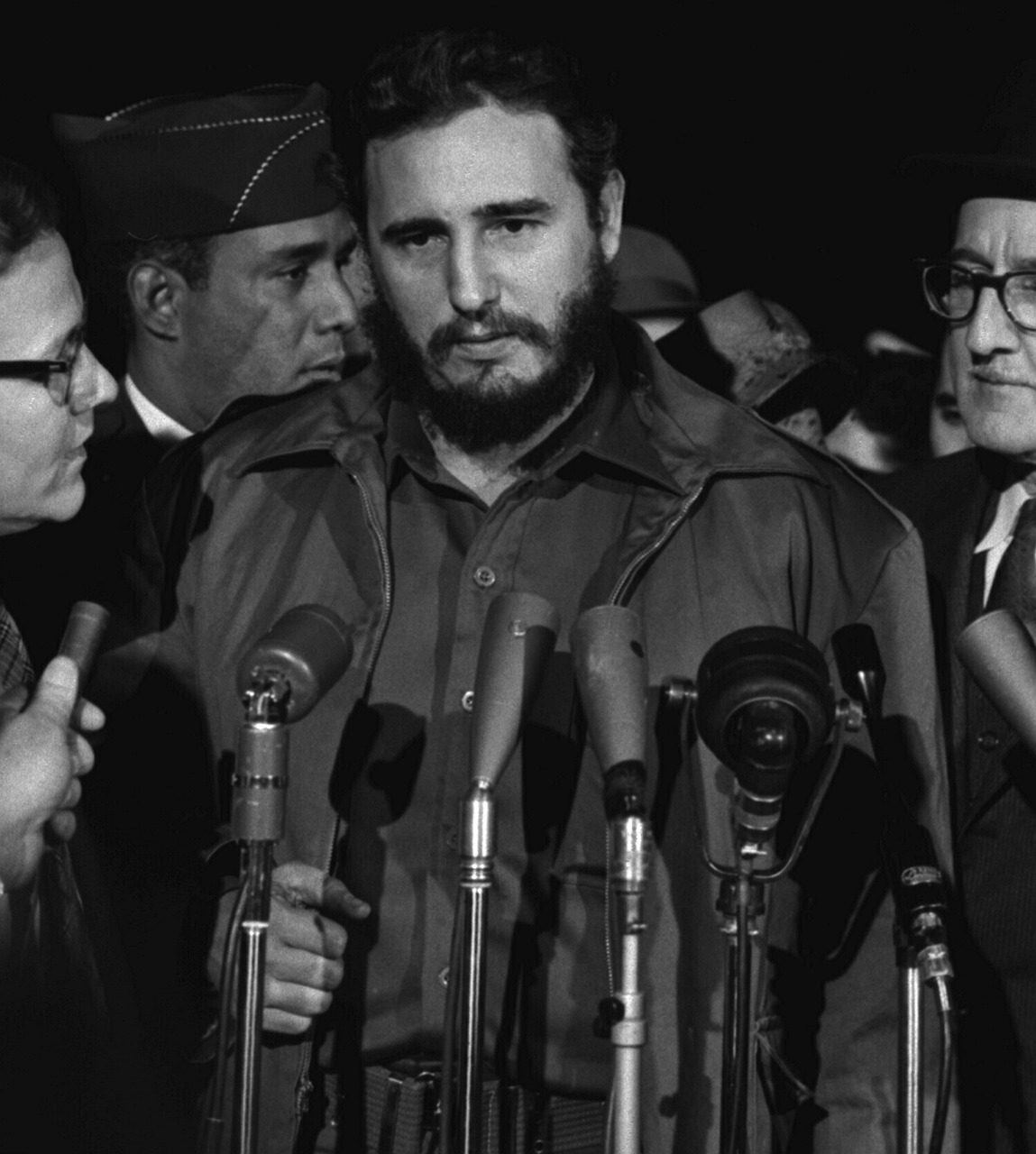The Art of Deception: Historical Context

Deception has always played a central role in the rise and survival of powerful leaders. Throughout history, some rulers have gone so far as to stage their own assassinations, using the drama to tighten their grip on power or outmaneuver enemies lurking in the shadows. This tactic is not just about trickery—it’s a calculated risk, often employed when a leader’s legitimacy is threatened or when unity is desperately needed. Some, like Julius Caesar, became legendary figures due to real plots, but others have used the mere illusion of danger to manipulate the masses. The strategy works by tapping into public fear, sympathy, and even anger, redirecting these powerful emotions toward the leader’s advantage. Modern examples reveal that these maneuvers are not relics of ancient times but are alive and well in today’s volatile political climates. The art of deception is as much about spectacle as it is about survival, making it a recurring theme across continents and eras.
The Case of the Cuban Revolution

Fidel Castro’s grip on power in Cuba was partly forged through his extraordinary narrative of survival. Throughout his time as leader, Castro claimed that he had survived more than 600 assassination attempts—an almost unbelievable number that captured global attention. Many historians now believe a significant portion of these alleged attempts were exaggerated or even invented, crafted to present Castro as a perpetual target of foreign enemies, especially the United States. This image of a besieged leader battling against the odds made him a hero to millions of Cubans and sympathizers worldwide. His supposed resilience in the face of danger united his people, creating a narrative where any opposition could be painted as treacherous or foreign-influenced. Castro’s use of this tactic was so effective that, decades later, his legend endures, even as new evidence emerges questioning the veracity of many of these plots. The story of the “invincible revolutionary” became one of the most potent tools in his arsenal.
The Modern-Day Example: Venezuela

In Venezuela, Nicolás Maduro has faced relentless pressure from economic collapse, mass protests, and international isolation. During a military parade, a dramatic event unfolded when Maduro claimed to have survived a drone assassination attempt. This high-profile incident was broadcast live, with Maduro quickly seizing the moment to accuse foreign actors and opposition groups of conspiring against him. The incident became a turning point, allowing Maduro to justify harsher crackdowns on dissent while rallying loyalists to his side. The spectacle of the attack—and his survival—was replayed on social media and television for days, cementing his image as a targeted leader. Critics, however, questioned the authenticity of the attack, suspecting it may have been exaggerated to serve political ends. Regardless of the truth, the narrative strengthened Maduro’s position at a critical moment, showcasing just how powerful the illusion of danger can be for embattled leaders.
The Psychological Impact on the Public

When a leader claims to survive an assassination attempt, the public reaction can be intense and deeply emotional. The immediate aftermath often sees a surge in patriotism, sympathy, and support for the leader. A 2024 study published by the International Journal of Political Psychology revealed that such events can increase approval ratings by up to 20% in the short term. People tend to rally around figures they perceive as victims of injustice or foreign aggression, especially when national pride is at stake. This effect can be amplified in countries with a history of external interference or internal strife. The leader’s survival story becomes a symbol of national resilience, creating unity where there was once division. Over time, however, if suspicions arise about the authenticity of the event, public trust can erode just as quickly as it grew. Still, the initial psychological impact is often powerful enough to buy leaders valuable time and breathing room amid crises.
The Role of Media in Shaping Narratives

In today’s world, the media acts as both a magnifying glass and a megaphone for stories of attempted assassinations. When Maduro’s drone incident occurred, it was instantly shared across social platforms, sparking debates and conspiracy theories worldwide. Media outlets, whether state-controlled or independent, often become battlegrounds for competing narratives. Leaders who stage or exaggerate assassination attempts rely on the speed and reach of digital media to spread their version of events before skepticism can take root. In some cases, tightly controlled state media will run looping footage and dramatic commentary, while opposition voices scramble to present a counter-narrative. The rapid spread of information—and misinformation—means that initial impressions can be nearly impossible to reverse, even if doubts later emerge. As a result, controlling the media narrative is often just as important as staging the event itself, with leaders leveraging every tool at their disposal to maintain public support.
The Risks of Staging Assassinations

Staging an assassination attempt is a high-wire act with enormous risks. If the public senses that the event has been fabricated, the fallout can be catastrophic for the leader’s credibility. In Fidel Castro’s case, some Cubans and outside observers eventually grew skeptical of the endless tales of assassination plots, which began to sound more like propaganda than reality. The backlash can be swift, with citizens feeling betrayed or manipulated, and opposition groups seizing the opportunity to call out the deception. Political scientists warn that once trust is broken, it is nearly impossible to restore, and leaders risk becoming the butt of jokes or the target of real outrage. Recent polls in countries where such tactics have been used show steep declines in trust when suspicions of fakery arise. The risks extend beyond politics, sometimes inciting violence, unrest, or international condemnation, making this a gamble that can backfire spectacularly.
The Global Perspective: A Common Tactic

The tactic of staging or exaggerating assassination attempts is not confined to any single region or ideology. A 2025 report by the Global Political Review identified multiple instances across Africa, Asia, and the Middle East where authoritarian leaders used this strategy to distract from scandals or justify sweeping crackdowns. In some countries, state-controlled media plays a central role in repeating the leader’s tale, while in others, grassroots rumors and social media do the heavy lifting. The prevalence of this maneuver underlines a universal truth: fear and drama are potent political tools. Observers note that the tactic works best in societies where institutions are weak and leaders hold tight control over information. While the specifics vary, the underlying logic is remarkably consistent—leaders facing crises often turn to the illusion of danger to shore up their positions and silence critics, at least temporarily.
Expert Opinions on the Strategy

Political experts and historians have weighed in on the effectiveness—and dangers—of leaders staging their own assassination attempts. Dr. Emily Carter, a political psychologist, explains, “Manipulating public perception is a powerful weapon, but it’s a double-edged sword.” She points out that while such tactics can deliver dramatic boosts in support, they also come with long-term costs, including widespread cynicism and instability. Other analysts note that the success of these ploys depends heavily on the leader’s charisma and the public’s appetite for drama. If suspicion takes root, the fallout can be severe, leading to greater polarization and even fueling unrest. Recent commentary in respected journals highlights that modern technology makes it easier both to stage such events and to expose them as frauds. The consensus among experts is clear: deception can win battles, but it rarely wins the war for hearts and minds.
The Future of Political Deception

As technology and social media continue to evolve, the potential for even more sophisticated political deceptions grows. Experts warn that deepfakes, AI-generated news, and rapid viral communication offer leaders new tools to craft and spread dramatic narratives almost instantly. Observers predict that, in the years ahead, we may see more elaborate political theatre as embattled leaders attempt to outwit rivals and manipulate their populations. The stakes are higher than ever, with truth and falsehood often blurred in the public mind. In the end, the effectiveness of these strategies will depend on how well leaders can balance spectacle with credibility, knowing that a single slip could unravel years of carefully constructed myth. The ongoing struggle between deception and truth remains at the heart of political life, shaping the destinies of nations and the lives of ordinary people alike.

